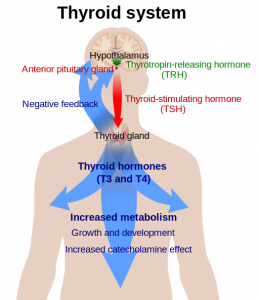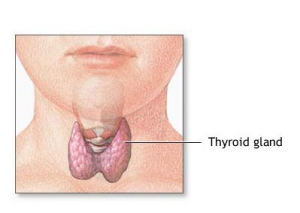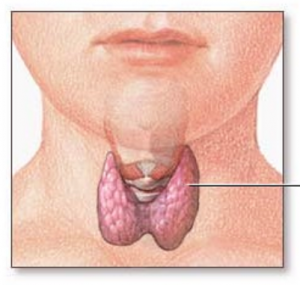Selenium supplementation. There seem to be two different approaches. One approach regards selenium supplementation as a direct pharmaceutical treatment. For example, it is considered a form of medication administered to thyroid disorder patients. Alone or together with thyroid disorder medication, the selenium supplementation is intended to 1) alleviate symptoms, 2) slow the progression of the disorder, and 3) perhaps provide a cure [Schomburg 2019].

A second approach to selenium supplementation does not regard the administration of selenium as a pharmaceutical intervention. Rather, the second approach considers selenium supplementation to be a nutritional intervention designed to address and correct a deficiency condition. This approach recognizes that both sub-optimal selenium status and selenium deficiency limit the body’s expression of vital selenoproteins. These selenoproteins are needed to minimize health risks and to alleviate disease symptoms. Supplemental selenium can be necessary to enable the full endogenous expression of selenoproteins [Schomburg 2019].



